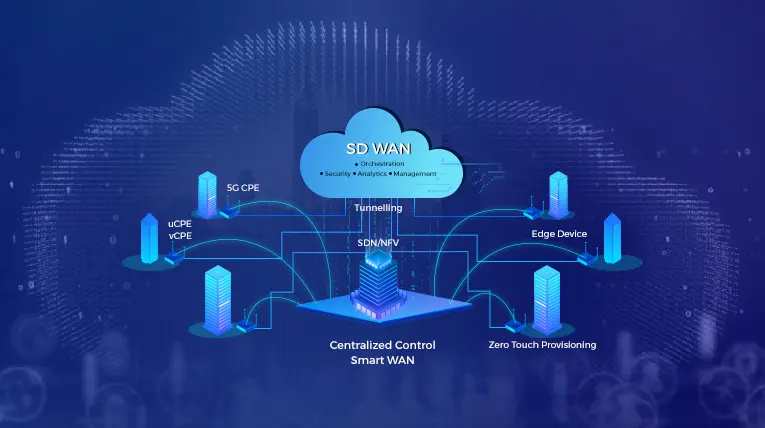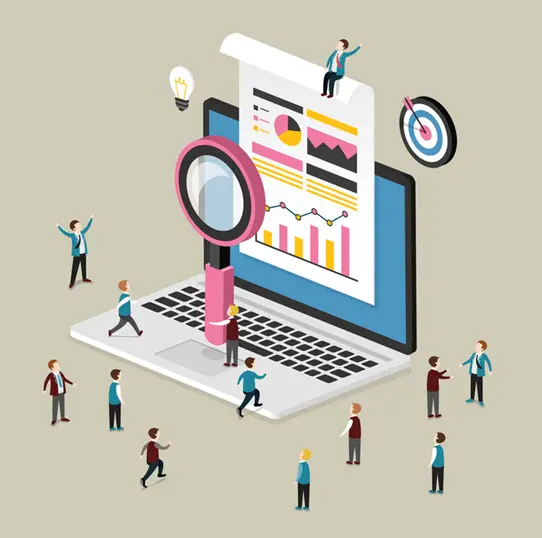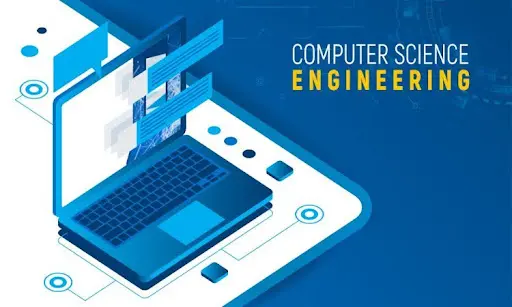AI’s Expanding Role in a Changing World
Artificial Intelligence is no longer just a futuristic buzzword. It’s not confined to sci-fi films or tech conferences—it’s here, woven into the very fabric of how the world operates. From healthcare diagnostics to financial forecasting, AI is not only helping industries become more efficient, but it’s also reshaping the very rules of how things are done. And for many organizations, that change isn’t theoretical—it’s visible in everyday operations, customer interactions, and decision-making. We’re witnessing a digital revolution that has moved from hype to real-world impact.
What’s most striking is the range of industries AI is touching. It’s in the smart sensors of agriculture, in autonomous logistics routes, in retail recommendation engines, and in predictive health algorithms. AI is making it possible to process information at a scale and speed humans could never match, and with that, it’s opening doors to solutions we never thought were possible.
A New Era for Innovation and Problem Solving
AI is enabling faster, more accurate analysis of massive datasets. That means less guesswork and more informed decisions across sectors. In medicine, AI is being used to detect patterns in X-rays, predict patient outcomes, and even assist in developing treatments. In climate science, AI helps simulate weather patterns and identify intervention points for environmental action.
What once took research teams months to sort through can now be parsed in minutes. This speed isn’t just convenient—it’s powerful. During global health emergencies or natural disasters, fast, accurate analysis can save lives. In business, it means companies can shift strategy in real time, not months after the fact. It also means startups and small businesses can harness insights that used to be accessible only to enterprise-level organizations.
But it’s not just about speed—it’s about depth. AI tools can identify subtle correlations that humans often miss, helping companies and researchers innovate more effectively. By automating repetitive tasks, AI also frees up human minds to focus on creativity, strategy, and big-picture thinking.
AI and the Transformation of Daily Life
Most people interact with AI without even realizing it. Your smartphone’s voice assistant, the recommendations on your streaming platform, the route updates in your GPS—they all rely on machine learning to personalize and optimize your experience. AI’s role in daily life is growing, and while it’s often seamless, its influence is significant.
In education, AI is helping to tailor learning experiences based on individual student performance. In retail, it’s improving inventory management and customer personalization. Even in food service and hospitality, AI is managing supply chains, predicting demand, and enhancing customer satisfaction.
Meanwhile, in our homes, AI powers everything from smart thermostats to energy-efficient lighting and home security systems. With tools like facial recognition and voice commands, everyday routines are becoming more intuitive, secure, and efficient. This kind of ambient intelligence is changing expectations about how we live, work, and consume services.
The Role of AI in Marketing and Communication
Marketing is one of the industries most rapidly transformed by AI. Brands now use AI to segment audiences, predict behavior, and deliver personalized content at scale. It’s helping companies understand their customers better, often better than customers understand themselves.
AI tools can analyze buying patterns, social media behavior, and web activity to determine not just what people want, but when and how they want it. This has massive implications for how campaigns are crafted, how offers are timed, and how success is measured.
For copywriters and designers, AI can automate early drafts or test multiple variations of creative assets. For analysts, AI provides real-time feedback loops to fine-tune campaigns. It’s not about replacing marketers—it’s about empowering them to move faster, smarter, and more strategically.
AI SEO Services and Smarter Search
A powerful but sometimes overlooked application of AI in marketing is in search engine optimization. AI SEO services use machine learning to analyze trends in search behavior, assess content relevance, and monitor algorithm changes from platforms like Google. These tools can quickly identify which keywords are performing, which content needs updating, and where technical issues might be impacting performance.
This has transformed the way companies manage their digital presence. Instead of relying solely on human analysis, businesses can tap into AI insights to prioritize content efforts and maximize visibility. AI SEO services can also detect patterns in how different segments of a market search, allowing for localized and more relevant optimization.
As search engines become smarter, the tools needed to succeed in that ecosystem must evolve, too. AI gives businesses a real-time, data-backed way to stay ahead of changes and deliver content that meets both user intent and search engine expectations.
Ethics, Responsibility, and the Human Touch
As AI continues to evolve, so too does the conversation around its ethical use. How do we ensure that the data used to train AI systems is fair and representative? Who’s accountable when automated decisions go wrong? And how do we keep human empathy and creativity at the center of increasingly automated systems?
These aren’t technical questions—they’re societal ones. As we embrace AI’s benefits, we also need frameworks that protect user privacy, minimize bias, and ensure that AI is used to enhance human welfare, not replace it. The future of AI will be defined not just by what it can do, but by how we choose to guide and govern it.
That’s why human oversight remains essential. While AI can make predictions and identify trends, it doesn’t understand context or emotion the way people do. The best results come from collaboration—human vision powered by machine efficiency.
Conclusion: A Force Reshaping Every Corner
AI is not a passing trend—it’s a force reshaping how we live, work, learn, and grow. It’s not perfect, and it’s not all-powerful, but its potential is enormous. When developed responsibly and deployed thoughtfully, AI can solve problems we once thought were unsolvable and create possibilities we hadn’t imagined.
From healthcare breakthroughs to personalized education to smarter marketing through tools like AI SEO services, artificial intelligence is proving to be one of the most transformative tools of our time. It doesn’t just change how we do things—it changes what we believe is possible. And that, more than anything, is what makes AI so revolutionary.
Also Read-Understanding Digital Twin Technology: Revolutionizing the Digital and Physical Worlds






